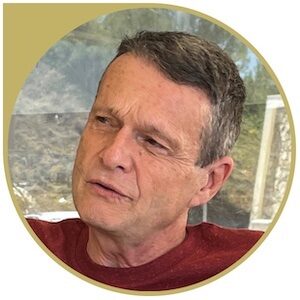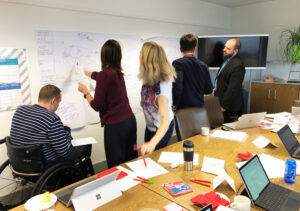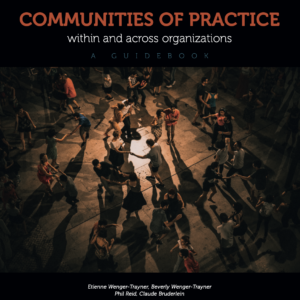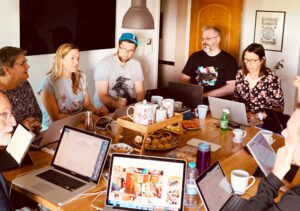NOTICE: This is an old blog post. There is an updated version of all these FAQs on our new website:
How are communities of practice different from more familiar structures like teams or task forces?
A team is held together by a task. When the task is accomplished the team disperses. Team members are likely to learn something in the performance of that task, but this learning does not define the team. It is the task that keeps them together. And it is their respective commitment and contributions to the task that is the main source of trust and cohesion among them. A task force is a special type of team pulled together to address a specific problem, usually of broad scope. Often people are selected in order to represent an organization or a perspective in the negotiation of a solution. It is their commitment to the process that keeps them going and respect for the voices they represent that builds trust. A community of practice is held together by the “learning value” members find in their interactions. They may perform tasks together, but these tasks do not define the community. It is the ongoing learning that sustains their mutual commitment. Members may come from different organizations or perspectives, but it is their engagement as individual learners that is the most salient aspect of their participation. The trust members develop is based on their ability to learn together: to care about the domain, to respect each other as practitioners, to expose their questions and challenges, and to provide responses that reflect practical experience.| << Difference between communities and networks? | What are the first three things to do? >> |
For more information, click here:
For a more precise definition, see our theory page on communities of practice:
For a bit more info, see our general (but brief) introduction to communities of practice and their use in various contexts:
For practical advice on cultivating communities of practice, see our new guidebook:
For workshops on cultivating communities of practice:









